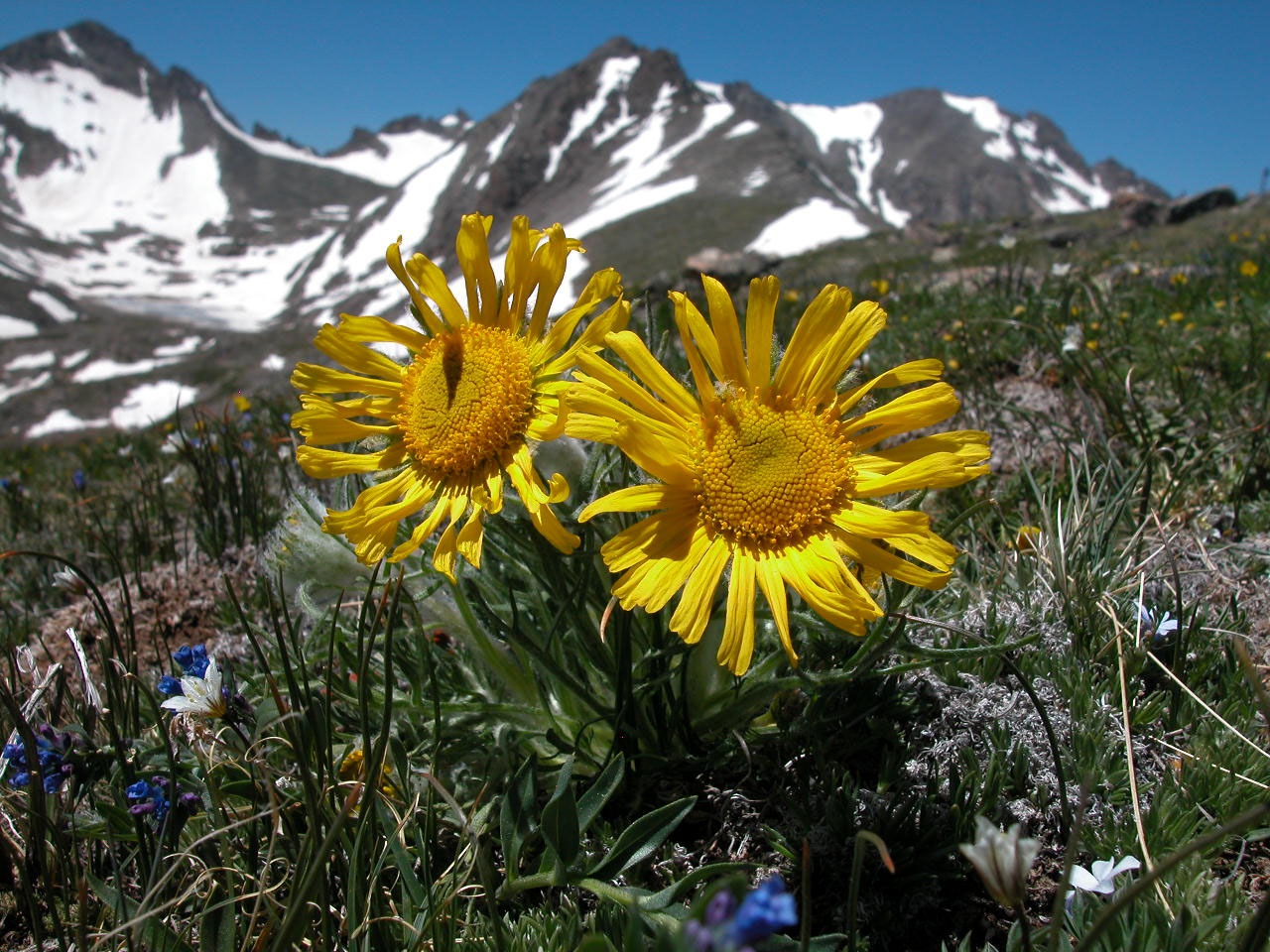
Plant Ecology
Plants are the living foundation of ecosystems, and mountains are no exception. The diversity of tundra plants is truly amazing — lots of different species pack into very small spaces and completely different species inhabitat areas just a few meters away. We study changes in plant composition and diversity over time to better understand the threats that these diversity hotspots face, and how these changes will affect tundra system as a whole.
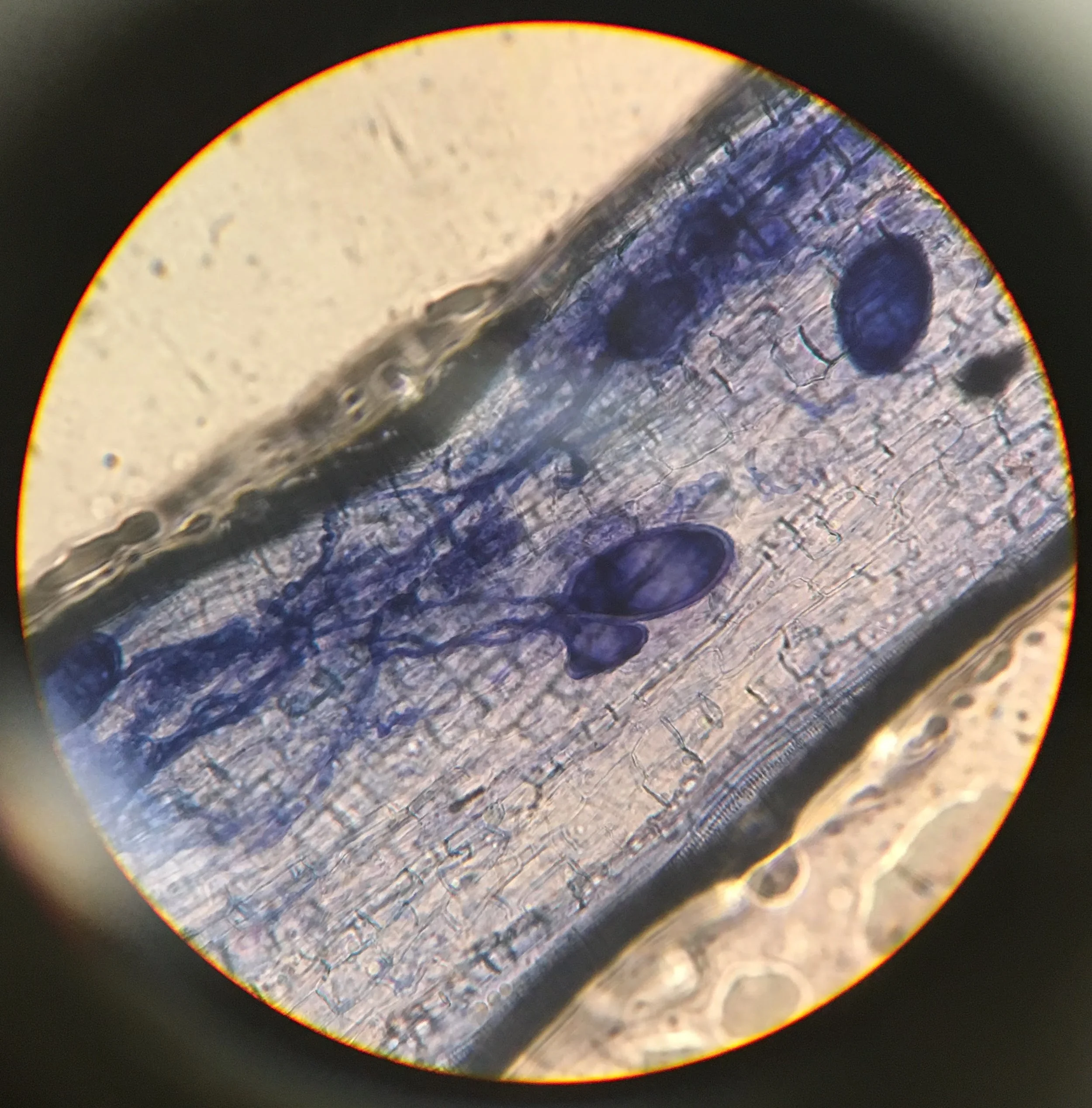
Microbial Ecology
Where the rest of mountain life cannot persist, microbes find a way. We study microbes living in the highest glaciers and talus fields of Niwot Ridge, to better understand how microbes survive in extreme environments. We also study microbes as critical players in the cycling of nutrients and plant resource uptake, to better understand how this web of interactions buffers of accelerates physical change.
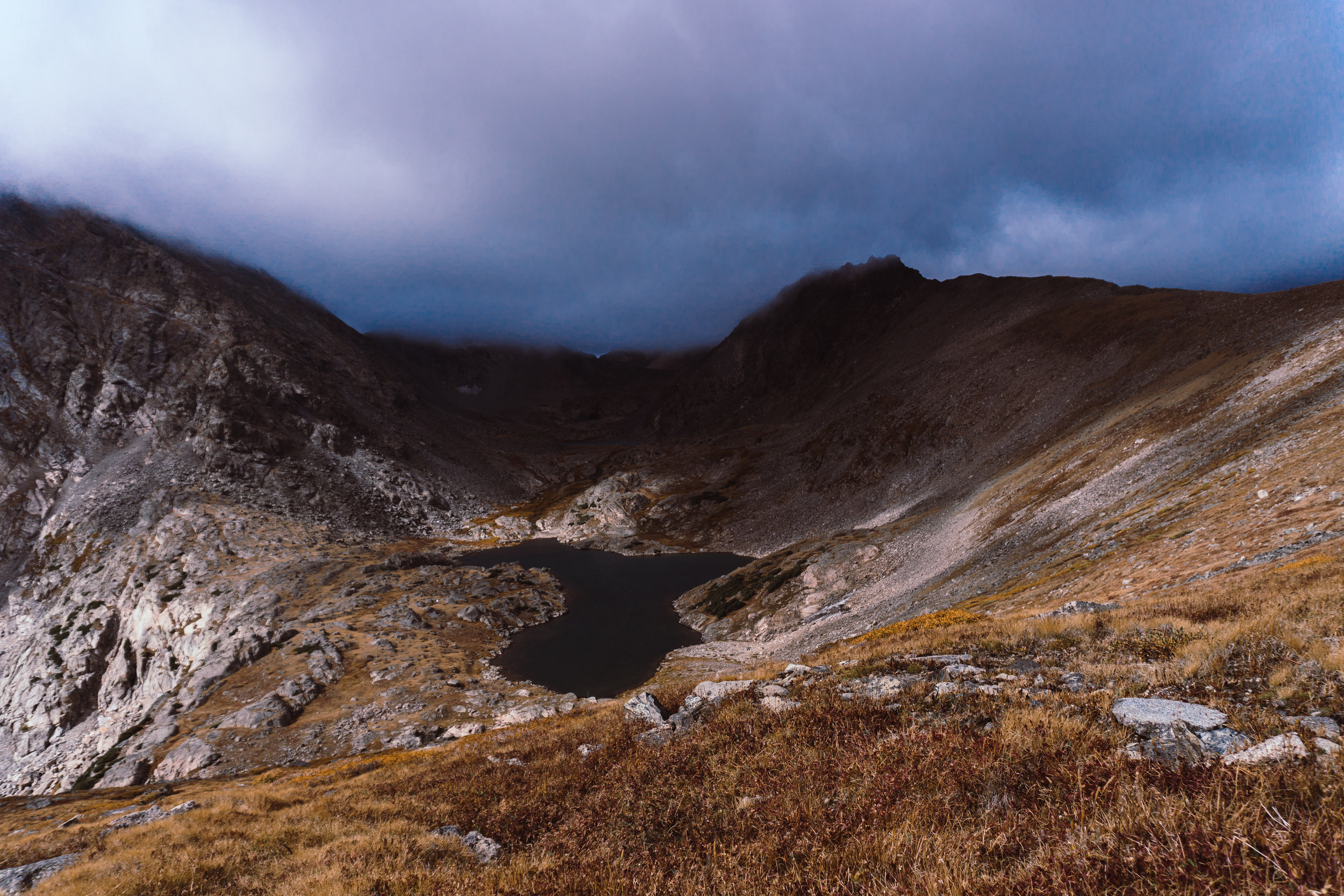
Limnology
High-elevation lakes are focal points of the mountain landscape. There, we find food webs of phytoplankton and zooplankton that nimbly respond to ice off, flushes of cold snowmelt water, and warmer conditions at the height of the summer. We study long-term shifts in these aquatic communities as a window into the future of life on the mountain.
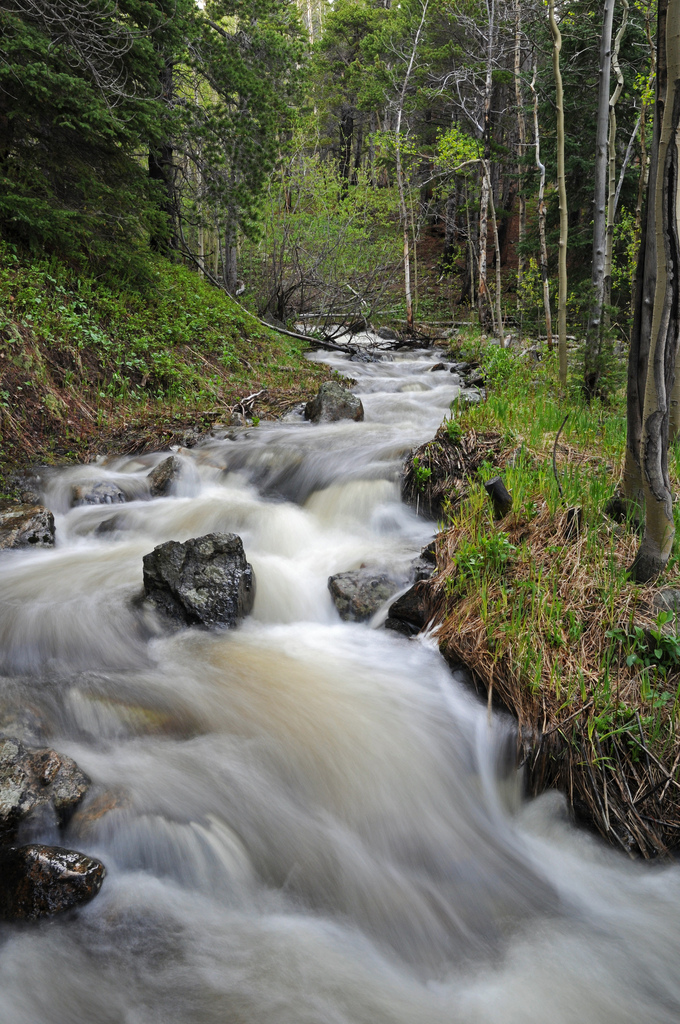
Hydrology
High-elevation ecosystems function like water towers. They store snow during the winter, and release snowmelt in the spring. Decades of water monitoring show how atmospheric deposition and permafrost thaw can affect the export of many constituents found in our water, such as nitrate, sulfate, and carbon.
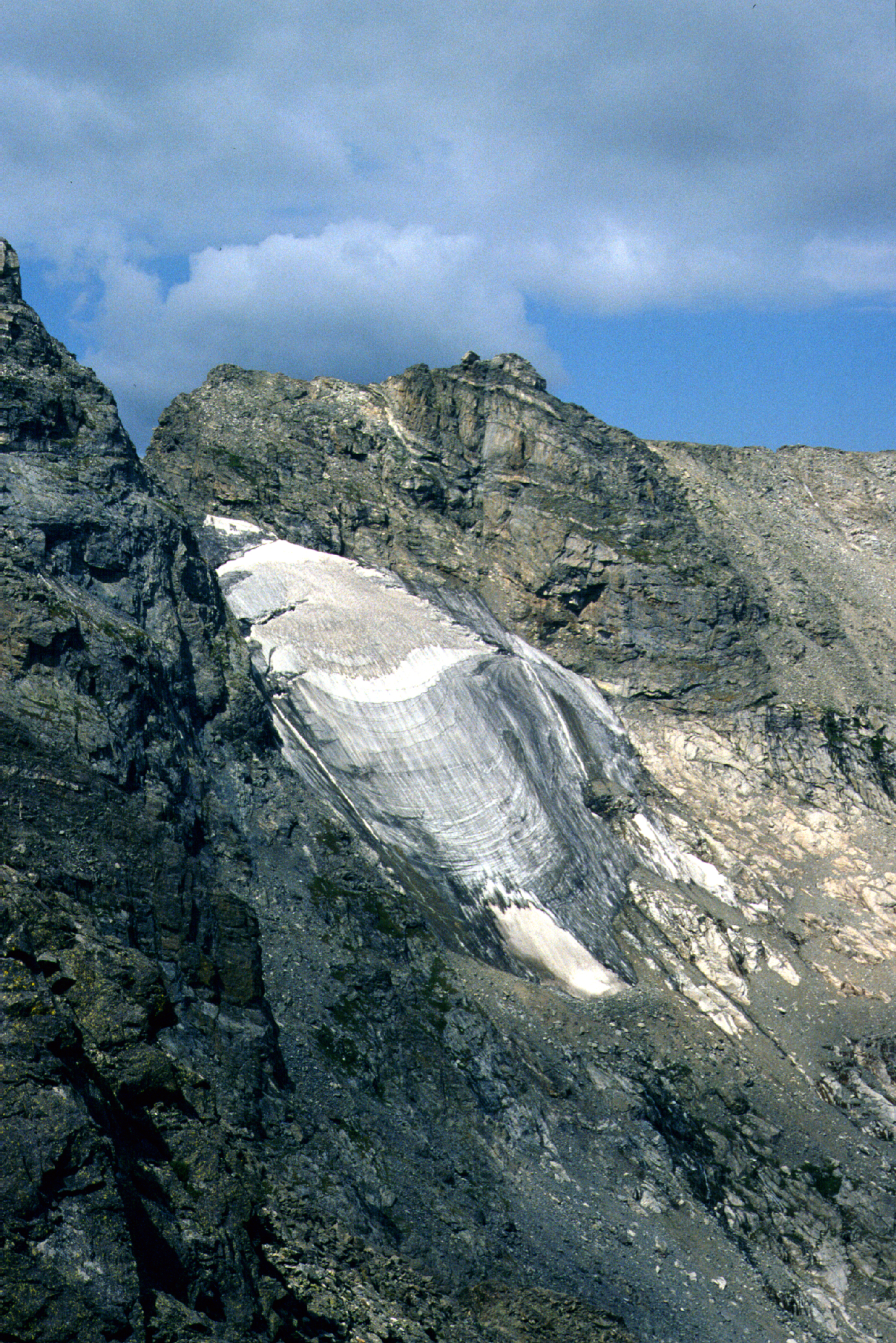
Geomorphology
Mountain ecosystems develop according to the physical processes of weathering, erosion, and sediment movement. We study the origin and evolution of topographic features at and surrounding Niwot Ridge, as well as how this geomorphology acts as a template on which biological processes develop and change.
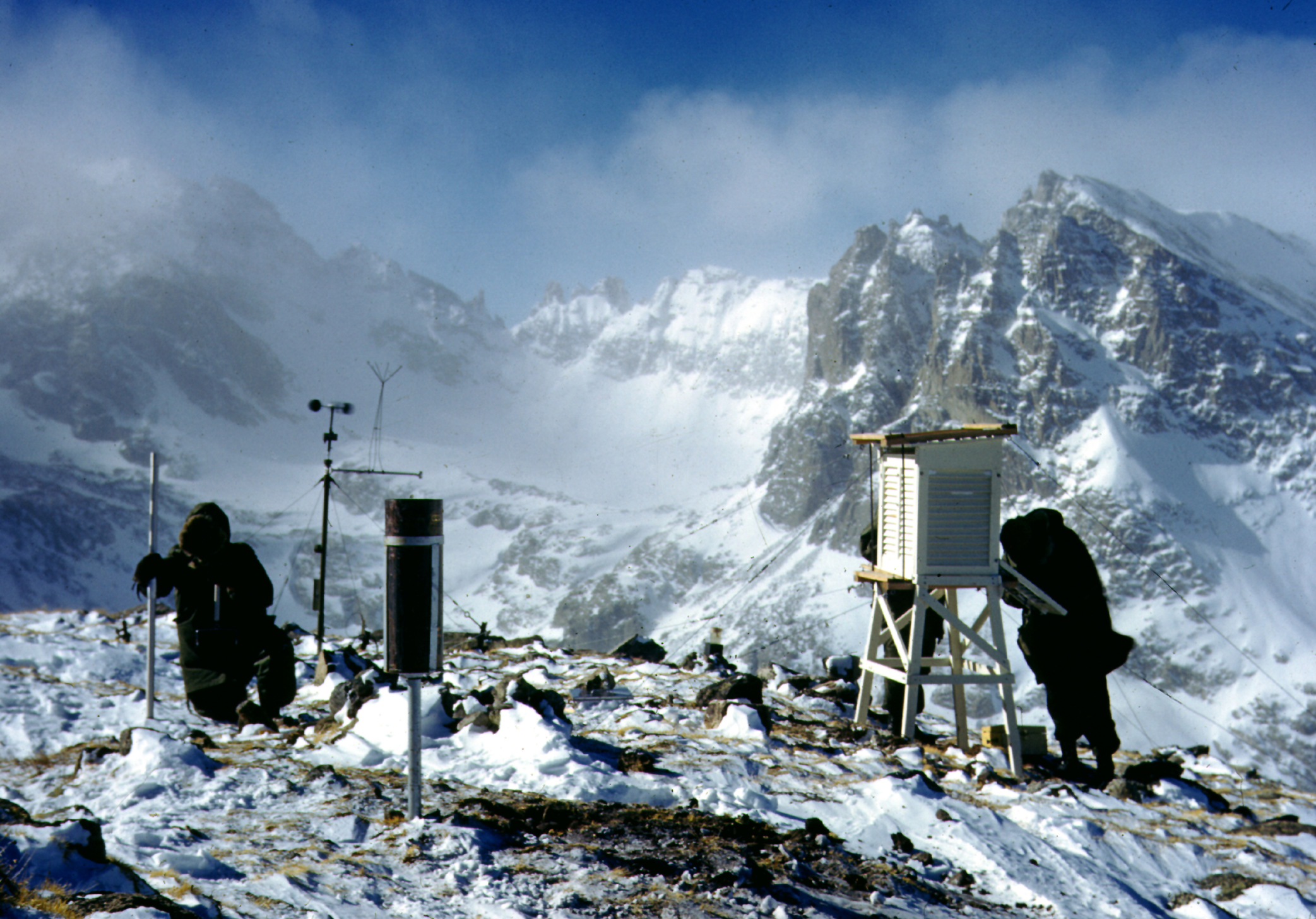
Atmospheric Science
At the highest points on the tundra, we collect data on the Earth's atmosphere, climate, and interactions with the Earth’s surface. We measure atmospheric deposition and pollution, use flux towers to understand land-air exchange of carbon and energy, and track changes in temperature and precipitation — many of these records making history as the longest running measures in the continental US.

Animal Ecology
Mountain animals live at the edge of environmental extremes, and climate change is making their persistence even more uncertain. Studies of animals like pika, marmots, and bees provide indicators of environmental change through shifts in their abundance and distribution over time.







